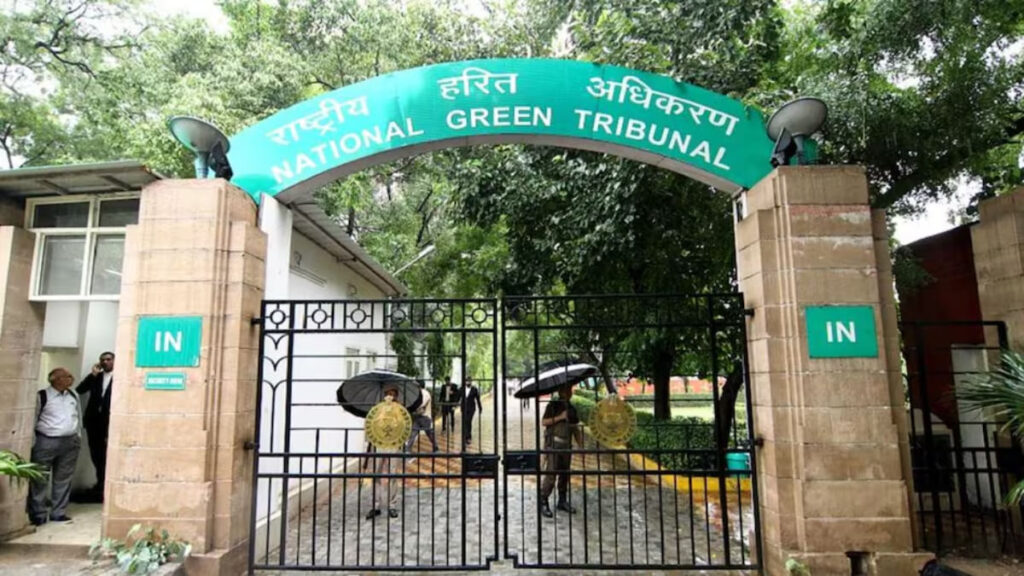NGT Imposes ₹1026 Crore Fine on Punjab Government for Waste Management Failure
The National Green Tribunal (NGT) has recently imposed a hefty fine of ₹1026 crore on the Punjab government. This penalty comes as a result of the government’s inadequate management of legacy waste and sewage discharges, which has raised serious environmental concerns.
Details of the NGT Ruling
During a hearing on Thursday, the NGT revealed that over 53.87 lakh tons of legacy waste currently remains unprocessed in Punjab. Two years ago, this figure stood at 66.66 lakh tons, indicating that the state has only managed to dispose of about 10 lakh tons in the last two years. This slow pace is alarming and reflects poorly on the state’s commitment to effective waste management.
Long-Term Impact of Current Disposal Rate
If the Punjab government continues to manage its waste at this rate, it will take an estimated 10 years to dispose of the remaining 53.87 lakh tons of legacy waste. The NGT has expressed its dissatisfaction with the government’s performance and has warned that such negligence towards waste management is unacceptable, especially in an era where environmental concerns are paramount.
Failure to Comply with Previous Orders
In its recent orders, the NGT also pointed out that the Chief Secretary of Punjab has failed to comply with the directives issued in 2022 regarding the establishment of a ring-fenced account for waste management. Initially, the government was ordered to deposit ₹2080 crore; however, to date, only ₹100 crore has been deposited, highlighting a significant lack of urgency and commitment from the state’s administrative apparatus.
Upcoming Hearings and Legal Implications
The NGT has stated that non-compliance with its orders constitutes a violation under Section 26 of the NGT Act of 2010. The tribunal has scheduled the next hearing for September 27 to review the government’s compliance and progress in addressing these significant environmental issues.
Broader Implications for Waste Management in India
This ruling not only underscores the challenges Punjab faces in terms of waste management but also highlights a larger issue prevalent across many states in India. As urban populations grow and waste generation increases, effective waste management systems are becoming essential to ensure environmental sustainability and public health.
Conclusion
The NGT’s recent decision serves as a wake-up call for the Punjab government and other state administrations. It stresses the imperative need for prompt and efficient strategies to manage waste, reinforcing the role of governmental accountability in protecting the environment for future generations.
